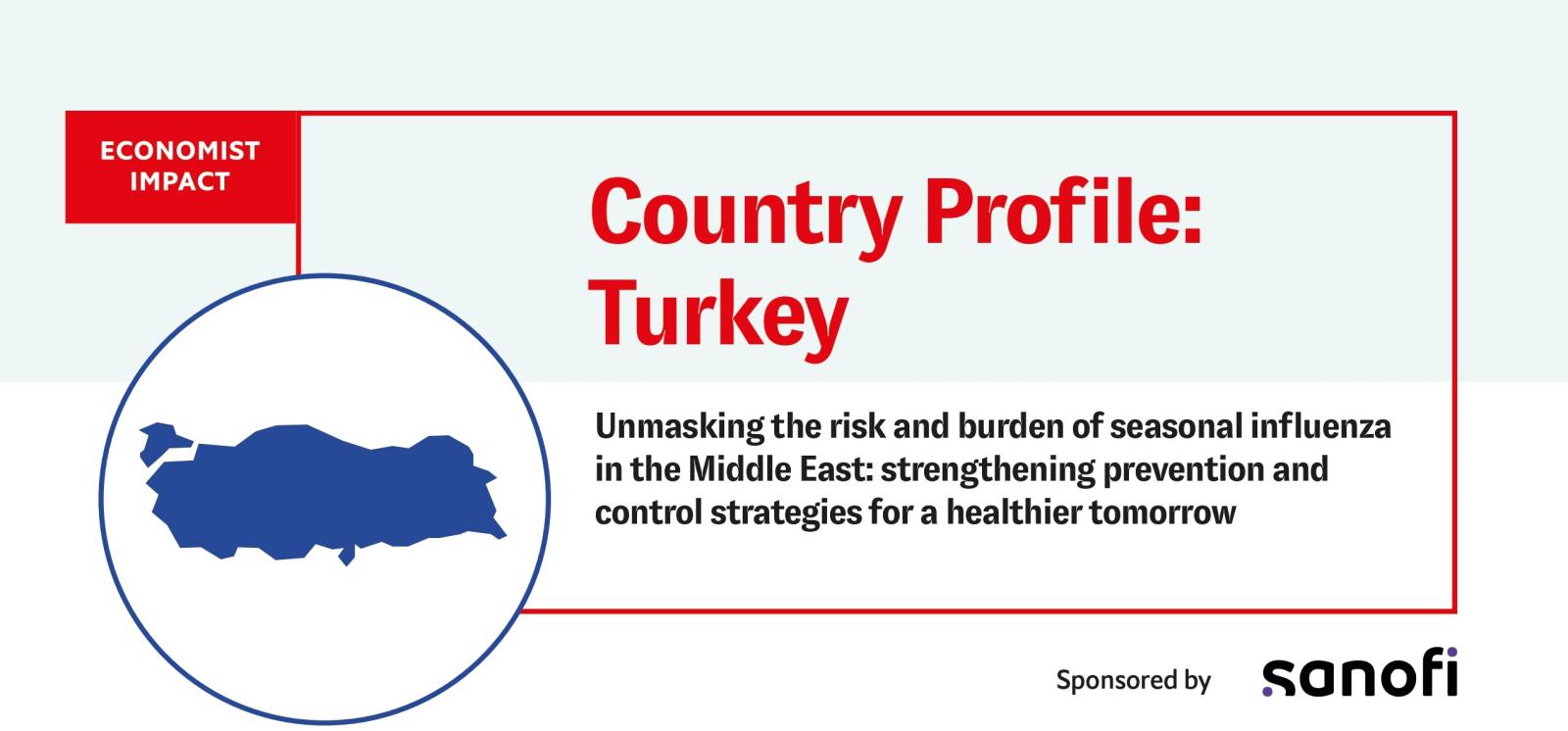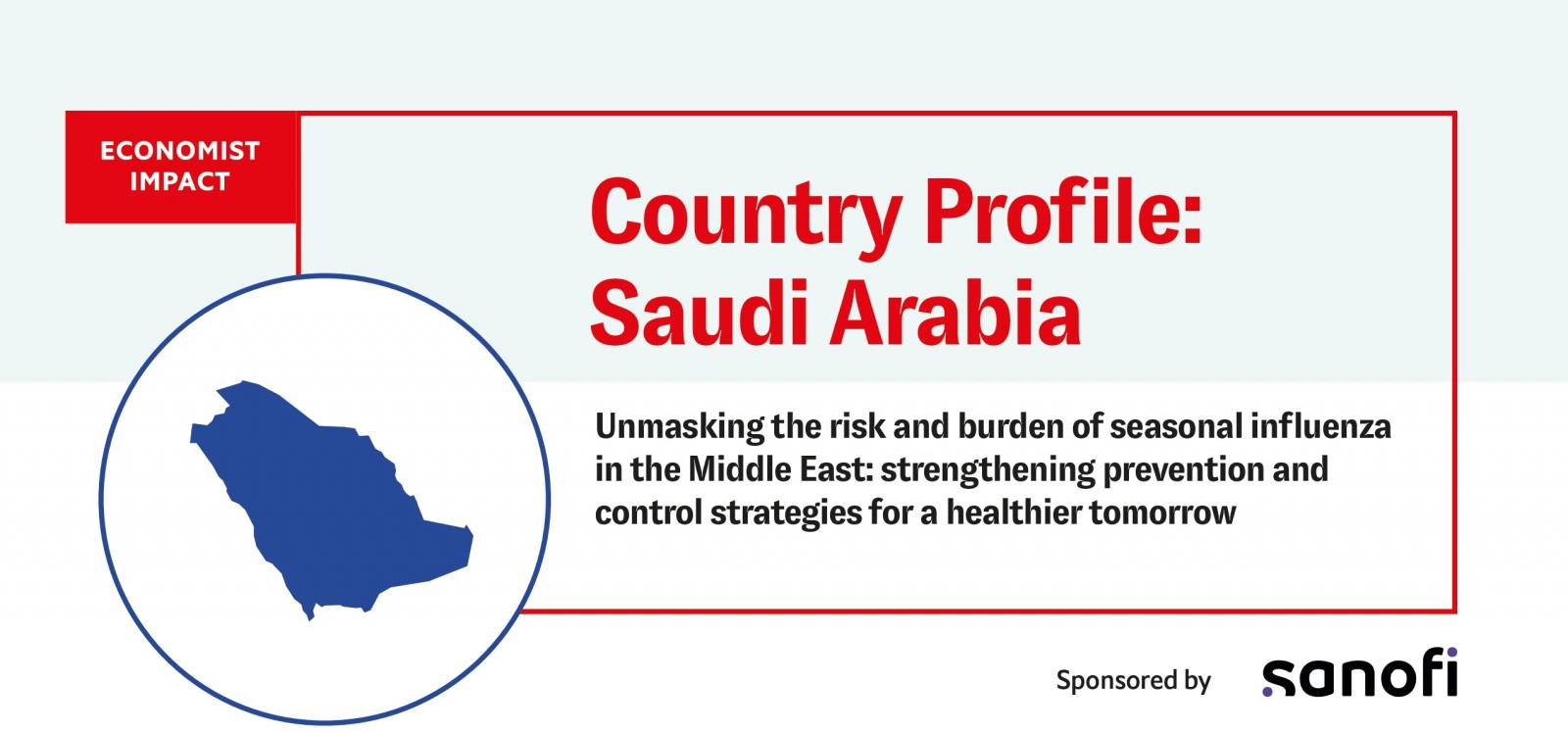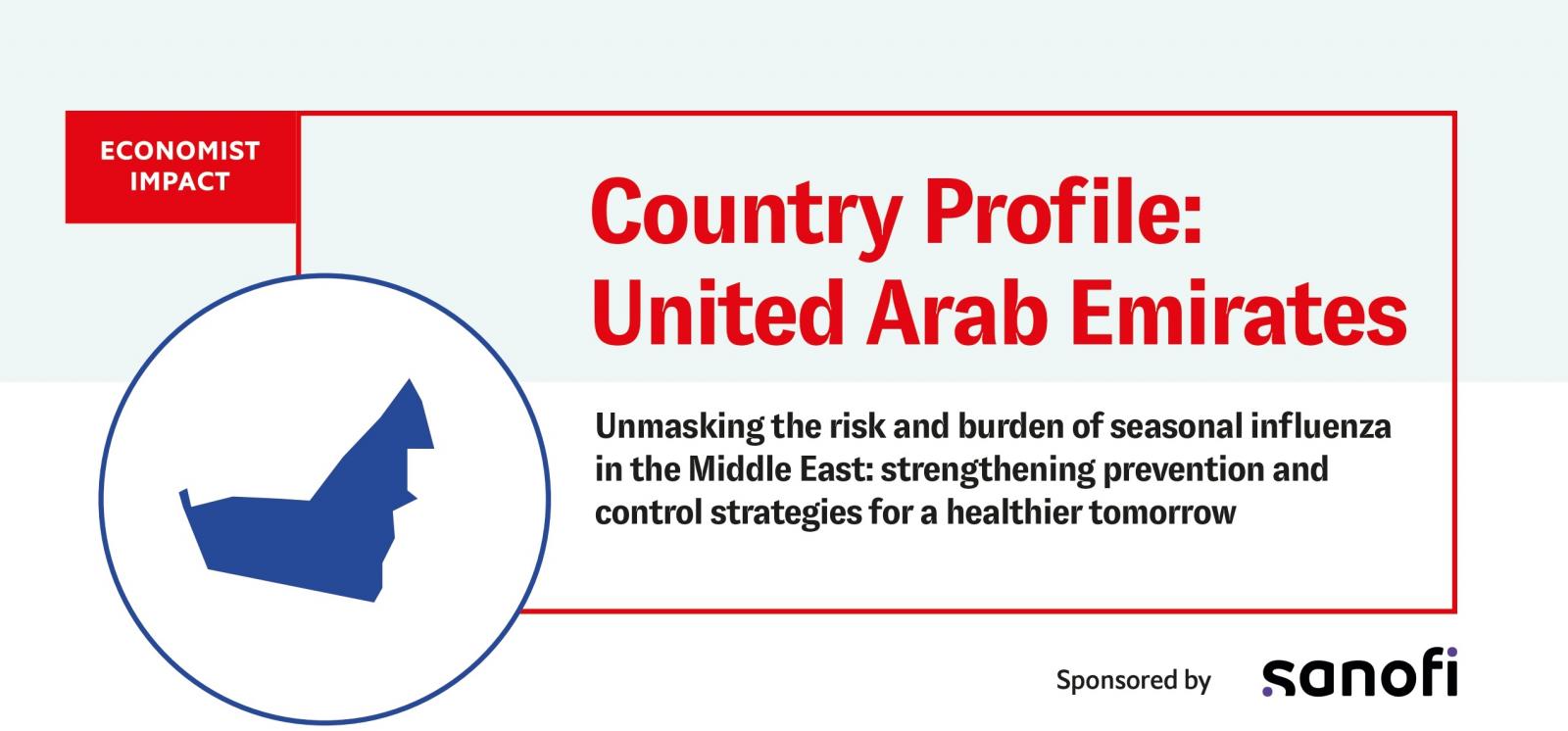Seasonal influenza is a major cause of morbidity and mortality worldwide. Annually, the respiratory virus infects approximately one billion people, resulting in severe illness in up to five million cases, and is responsible for up to 650,000 deaths.Influenza affects all countries, communities and individuals with those at the extremes of the age spectrum, and those with underlying chronic health conditions, being the most vulnerable to influenza and its resulting complications.
Influenza viruses circulate and evolve continuously, with outbreaks potentially leading to epidemics or pandemics with far-reaching and longlasting consequences. While the substantial morbidity and mortality due to influenza is well recognised during a pandemic, it is often underestimated in the context of year-round seasonal influenza. As infection and mortality rates due to influenza are difficult to determine precisely, reported data often underrepresent the burden of seasonal influenza and its impact on health systems, society and the economy.
A number of common priorities could improve seasonal influenza prevention and control in all countries, as well as prepare health systems, healthcare workers and other key stakeholders to manage and mitigate tomorrow’s burden and, in turn, enhance pandemic
preparedness.
-
Improve systematic surveillance of seasonal influenza by enhancing, integrating and expanding national and regional surveillance systems.
-
Using covid-19 as a catalyst, position influenza as a public health priority to build stronger multi-sector policies and plans for surveillance, prevention and control of seasonal influenza.
-
Understand the drivers of mis- and disinformation while simultaneously taking action to improve health literacy, and empower populations to find, understand and use evidence-based information.
-
Leverage the trust and knowledge of healthcare workers to advocate for seasonal influenza, and embed prevention and surveillance of seasonal influenza into broader chronic disease management strategies.
-
Engage other sectors to support influenza prevention and control and to facilitate policies and programmes for community engagement and social interventions that could reduce and mitigate the threat of seasonal and pandemic influenza.
Explore our findings in the full report, alongside our country snapshots which provide an overview of influenza prevention and control strategies and areas of focus in Turkey, Saudi Arabia and the United Arab Emirates (UAE).








